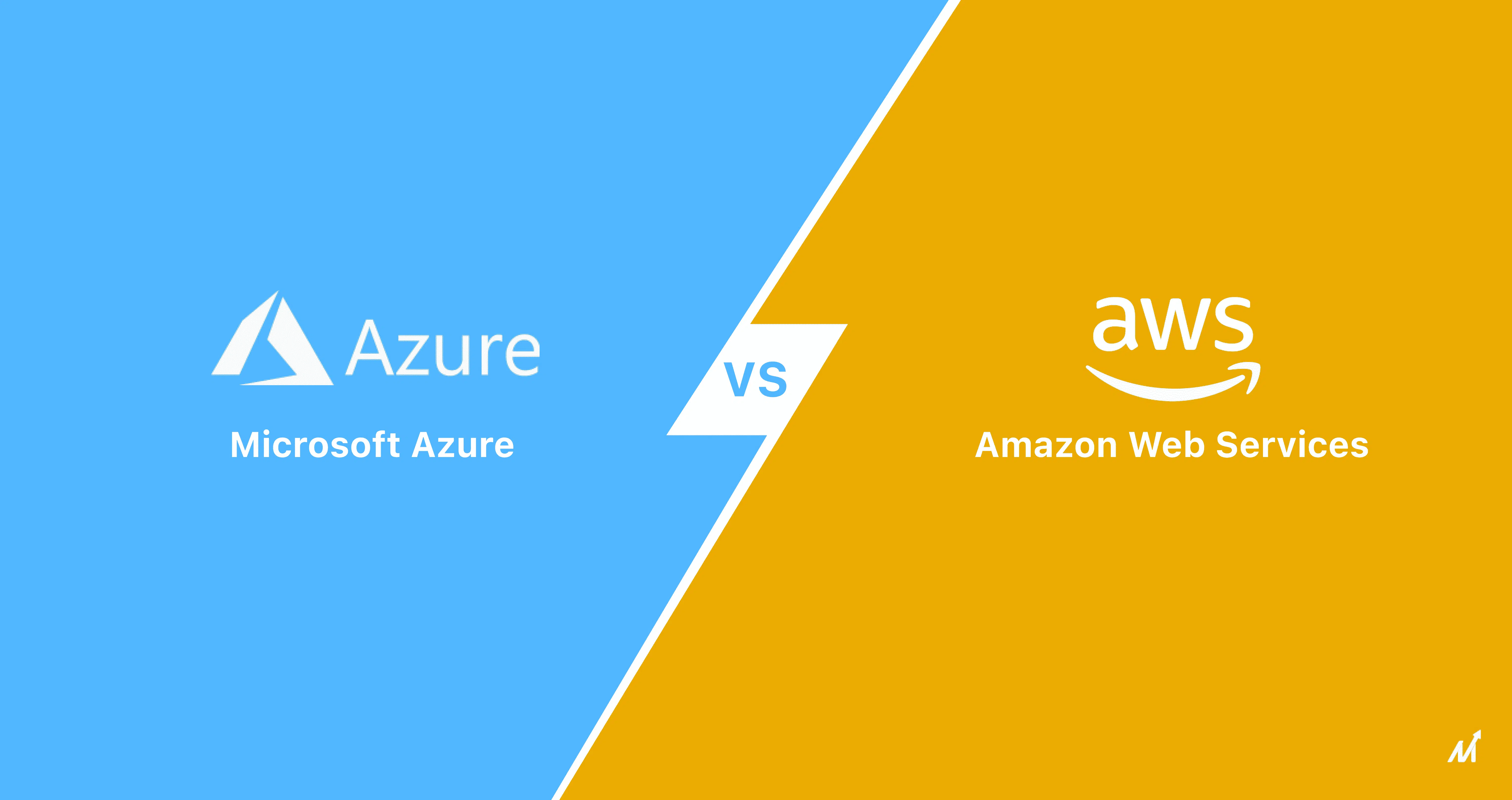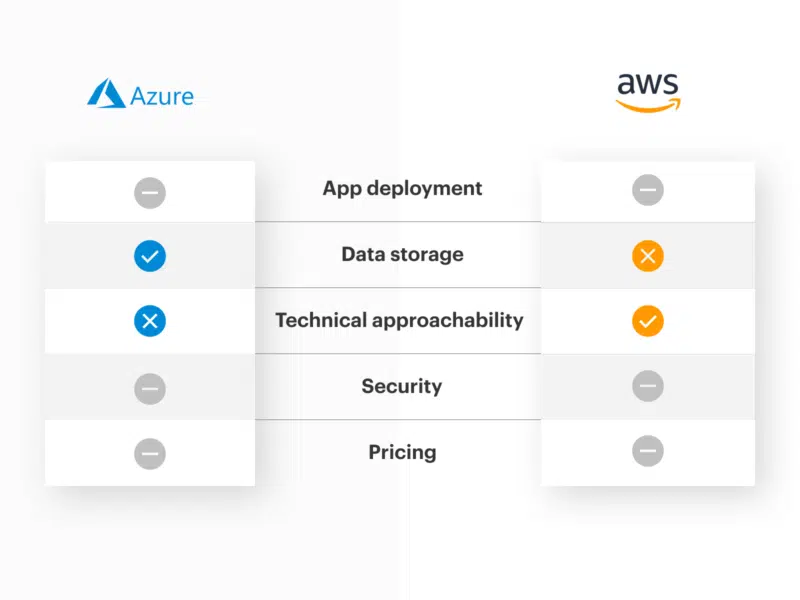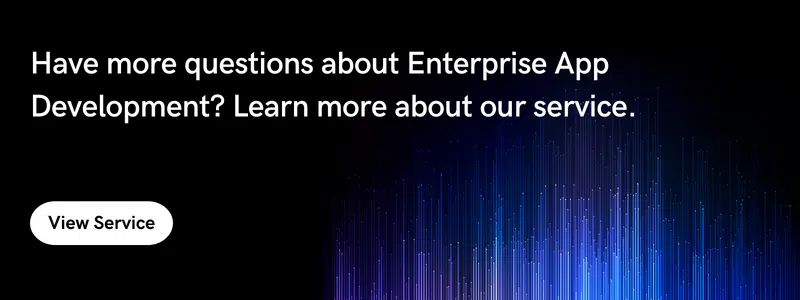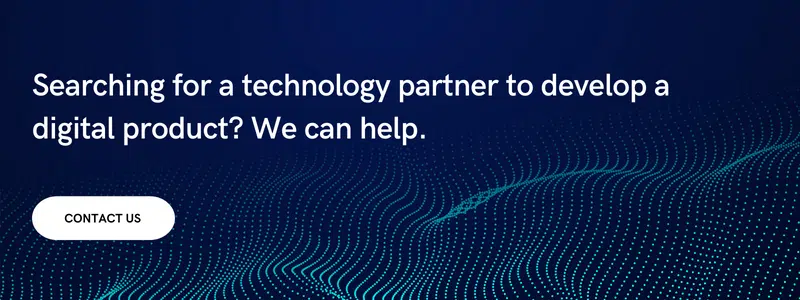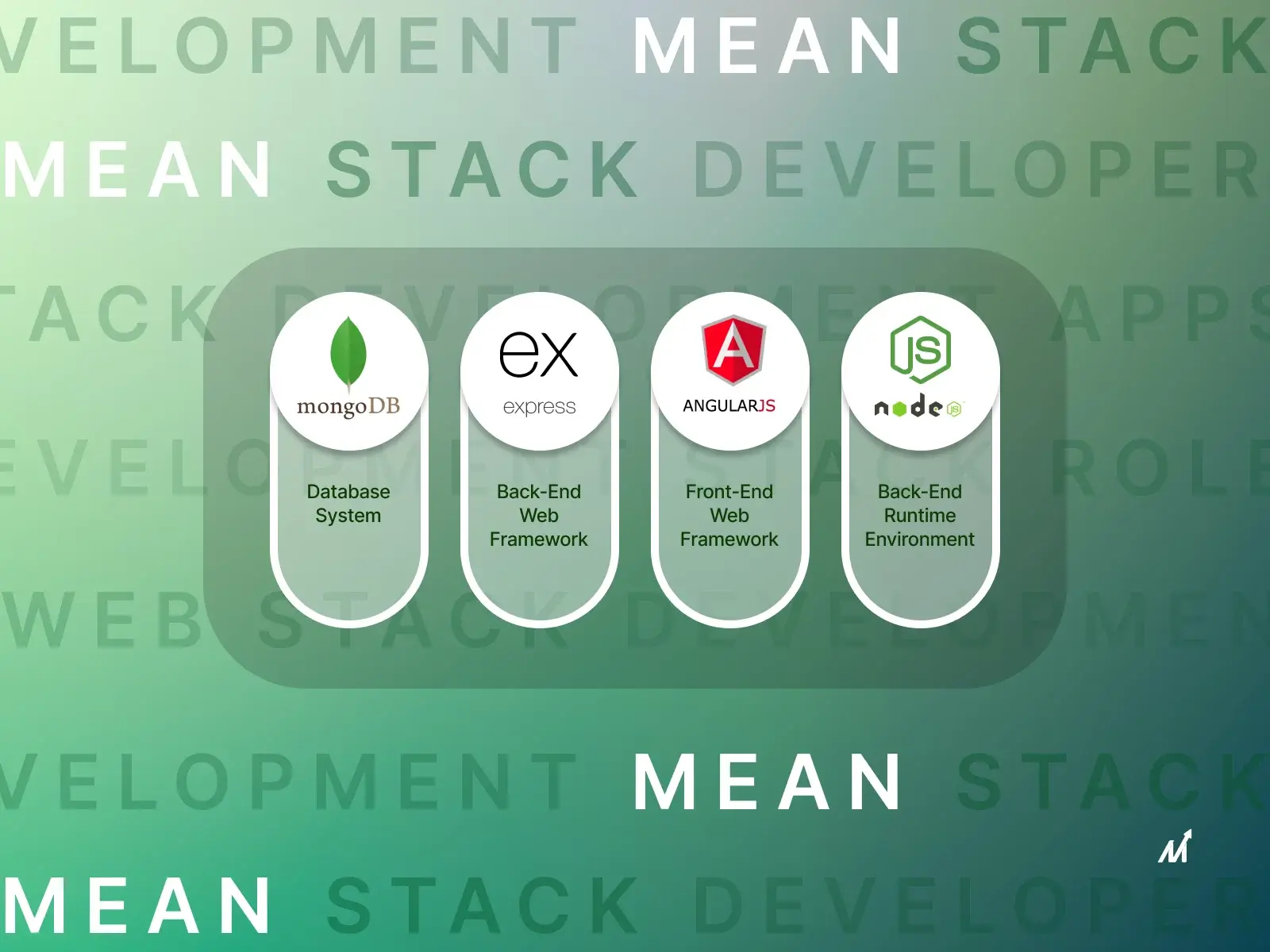Azure: how did Cloud computing transformed enterprise product development?
Cloud computing got a kickstart when Amazon launched AWS (Amazon Web Services) in 2006. The idea mainly developed at the executive retreat at Jeff Bezos’s house in 2003. Amazon basically identified that its infrastructure services gave them a massive advantage over its competition.
Finally, they started to formulate the idea of what AWS could be. In fact, it started as an additional business providing infrastructure services to developers. Now known as Cloud computing. AWS dominated the market for several years. After a few years, their competitors responded, similarly offering cloud computing services.
Two years after AWS went live, Ray Ozzie, Microsoft’s chief software architect made an announcement. He essentially affirmed the company would launch its cloud computing services. Further, it was called Windows Azure.
Ozzie said, “It’s a transformation of our software and a transformation of our strategy.”
Finally, in February 2010, the Windows Azure Platform became commercially available. Since then, analysts have been drawing comparisons between AWS and Azure. Both AWS and Azure came up with drastic improvements over the years.
AWS vs Azure: A detailed comparison for enterprise product development
Foundationally, both the leading cloud computing platforms are available with a wide range of capabilities. Along with features like data storage, computation, autoscaling, networking, compliance management, and more.
In this article, we have drawn a comparative analysis of Azure and AWS from a technical standpoint. However, it is crucial to mention here that both the solutions might provide varying business values. The right choice should basically rely on your specific needs and requirements.
Here is a detailed comparison of AWS vs. Azure based on five essential criteria for enterprise product development:
App deployment for enterprise product development
Essentially, both Azure and AWS provide their users with an efficient and convenient infrastructure. It includes cloud hosting, computing power and running the apps in the cloud. In addition, a wide range of features and services.
Likewise, both offer core capabilities. Like flexible, straightforward development and overall management of mobile and web apps.
AWS for app deployment
In AWS, basically, you get microservice deployment through Amazon Elastic Container Service(ECS). It enables developers to build apps as separate services with the most appropriate technology. AWS mainly also allows the development of serverless apps. Furthermore, by utilizing Amazon API Gateway, Amazon S3 and AWS Lambda. Likewise, the users can efficiently run enterprise apps and software in the AWS cloud environment. By using such efficient computing resources.
Azure for app deployment
All in all, Azure provides a wide range of features for app deployment. Like Azure Batch, Azure Kubernetes Service (AKS), Virtual Machine Scale Sets and more. Azure includes Virtual Machine, a computing resource to configure app instances quickly.
In contrast, AWS doesn’t include a resource like that. Additionally. Azure includes multiple app deployment solutions like app services, batch deployment, container services and more.
The verdict
In conclusion, both AWS and Azure offer a range of app deployment services. Primarily, they support multiple programming languages and frameworks. Apart from a few differences both have somewhat similar functionality and features for app deployment.
Data storage for enterprise product development
The data storage for AWS and Azure are called Simple Storage Service (S3) and Blob, respectively.
Most importantly, both offer reliable and robust data storage. They offer a range of features like REST API, server-side data encryption, and disaster recovery.
The verdict
Comparatively, Azure features in-built backup and single-click support. Essentially, it is more enterprise-appropriate for data storage. AWS offers more customizations and has better native operations within the cloud ecosystem.
Technical approachability for enterprise product development
AWS and technical approachability
Amazon mainly offers user training and certifications for AWS. Furthermore, it is available with documentation of each module and service. Critically, AWS is more comprehensive and accessible for everyone in comparison to Azure.
Azure and technical approachability
On the contrary, Azure requires specific development skills and some Microsoft experience beforehand.
Furthermore, Azure requires additional resources and training for enterprise product development.
That is, platforms like Azure StorSimple, Hybrid SQL Server, and Azure Stack require deep Microsoft-related experience and skills.
For instance, IT admins who are familiar with the environments of Windows already will find Azure particularly easy to work with and deploy.
The verdict
In conclusion, Amazon has an upper hand when it comes to technical accessibility for enterprise app development.
Security for enterprise product development
Azure and AWS have invested in high-security standards, chiefly, for their users. Essentially, these platforms manage the security of the cloud. But most importantly, you are also responsible for your security in the cloud.
Security in Azure
Microsoft Azure has especially been known for enterprise-grade security since its beginning. It is created using the most rigorous security and compliance standards in the world.
Also, you can verify the security integration of the platform using Azure security documentation. And access useful information and resources like Azure security best practices and patterns.
According to Microsoft, more than 95% of Fortune 500 companies are running on Azure.
Security in AWS
Likewise, AWS is also committed to high security for its users. It primarily supports security standards and compliance certifications. Like PCI-DSS, HIPAA/HITECH, FedRAMP, GDPR, FIPS 140-2, and NIST 800-171. Basically, you can access all the available security standards of AWS here, including the foundational best practices for security.
The verdict
In conclusion, both AWS and Azure offer high security in the Cloud. However, you hold control of your security through implementing certain practices. In order to protect your content, applications, systems, networks etc.
To conclude, let’s take a look at the security services offered by both:
AWS vs. Azure: Security comparison
| Security Services Feature | AWS | Azure |
| Identity and Access Management | IAM | Active Directory |
| Key Management | KMS | Key Vault |
| Network | VPC | ExpressRoute |
| Security Check | AWS Inspector | Security Center |
| Storage Security | Data Encryption for S3 | Storage Service Encryption (SSE) |
| Monitoring | CloudWatch | Application Insights |
| Logging | CloudTrail | Security Event Logs |
| Compliance | CloudHSM | TrustCenter |
Pricing for enterprise product development
The prices for both similarly vary according to the services that you require.
Essentially, it differs from business to business. In comparison, both Azure and AWS offer pay-as-you-go. So, it is easier for businesses to utilize the services they want. Additionally, there are free trials available for both Azure and AWS. Also, every service costs different so there is no set cost for every enterprise product development.
However, you can still calculate the cost-effectiveness for both platforms. Also, you can refer to calculate your enterprise product development. For AWS here and for Azure here. Essentially, this gives you a rough idea and estimates the cost for specific functionality.
Furthermore, if you are currently enterprise partners with Microsoft and have implemented Microsoft products, they offer discounts. However, it is advisable to consult an expert to better identify your specific requirements. Also, consider the suited functionality that each platform offers.
Which is the best AWS or Azure for enterprise product development?
To conclude, from a business standpoint, both AWS and Azure are valuable cloud computing platforms.
In fact, according to a Gartner report, AWS has a rating of 4.6 stars with 2804 reviews. Microsoft has a rating of 4.4 stars as well as 1678 reviews. It is based on verified reviews from real users in the Cloud Infrastructure and Platform Services market.
Finally, It is undeniably true that AWS brought cloud computing to the market. Also, it is several years ahead in terms of the launch of the platforms. However, Microsoft’s Azure has garnered a lot of users as well. In conclusion, Azure development services are close competition to AWS development services with its innovative and modern features.
Summary
To summarize, many people have strong opinions over the AWS vs. Azure debate. However, experts and analysts do not believe in a definite answer for every enterprise. Both are constantly improving to bring out the best features and optimal services and solutions. Due to such constant improvements and updates, it is appropriate to analyze specific product development requirements. Along with the available services and solutions with both platforms at that point in time.
Also, the product growth strategies of your business should also be considered. Also, if different options like combining different cloud platforms for different stages are viable or not. For example, you can possibly use Azure for development and testing. Along with AWS for running production environments.
In conclusion, there is no one-size-fits-all when it comes to enterprise product development. Also, the varying needs of your product development strategy should be analyzed. Ensure that you are fully utilizing the potential of any of the cloud computing platforms.

I’m Rajeev Sharma, Co-Founder and CEO of Markovate, an innovative digital product development firm with a focus on AI and Machine Learning. With over a decade in the field, I’ve led key projects for major players like AT&T and IBM, specializing in mobile app development, UX design, and end-to-end product creation. Armed with a Bachelor’s Degree in Computer Science and Scrum Alliance certifications, I continue to drive technological excellence in today’s fast-paced digital landscape.

